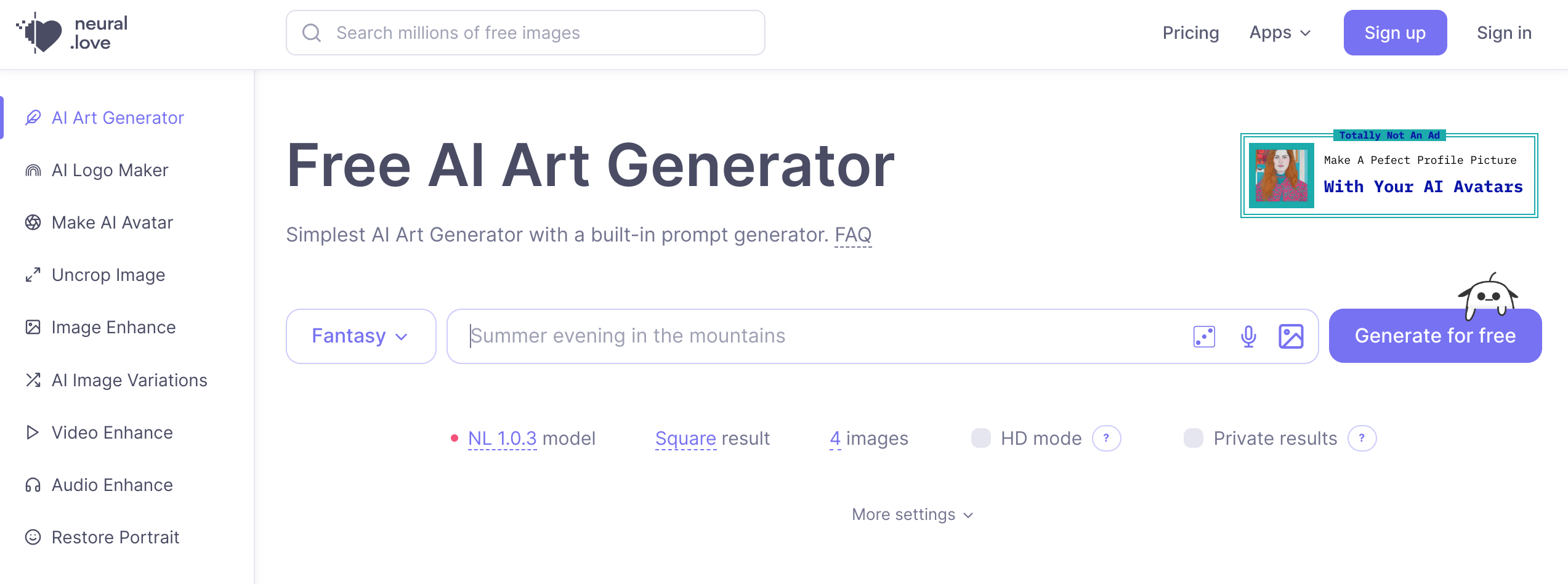Introduction
The rise of blockchain technology has given way to the emergence of smart contracts. These contracts have the potential to revolutionize the way we conduct business transactions, offering a secure, automated, and transparent way to execute contracts. In this article, we will discuss what smart contracts are, how they work, their benefits, potential uses, and challenges.
What are Smart Contracts?
Smart contracts are self-executing contracts that use computer programs to automatically enforce the terms of the agreement. The contracts are stored on a blockchain network, which provides a secure and transparent way to verify the contract’s terms and execution. Smart contracts operate on the principle of “if this, then that,” meaning that they automatically execute the specified action when the conditions of the contract are met.
How do Smart Contracts Work?
Smart contracts use blockchain technology to record and store the contract’s terms and conditions. The contract is then executed automatically when the predetermined conditions are met. The contract’s terms and conditions are verified through a network of computers that work together to validate the transaction.
For example, suppose two parties agree to a smart contract for the sale of a property. The contract would specify the terms of the sale, such as the sale price, payment terms, and transfer of ownership. The contract would be stored on a blockchain network, and the terms would be verified through a network of computers. Once the terms of the contract are met, the contract would be executed automatically, and the ownership of the property would be transferred to the buyer.
Benefits of Smart Contracts
Smart contracts offer several benefits over traditional contracts. Some of the benefits include:
- Efficiency: Smart contracts are automated, which means they can be executed faster and with fewer errors than traditional contracts.
- Transparency: Smart contracts are stored on a blockchain network, which provides a transparent and secure way to verify the contract’s terms and execution.
- Security: Smart contracts are encrypted and stored on a decentralized network, making them more secure and less vulnerable to hacking.
- Cost-effective: Smart contracts eliminate the need for intermediaries, such as lawyers or brokers, which can reduce the cost of executing a contract.
Potential Uses of Smart Contracts
Smart contracts have the potential to be used in various industries and applications. Here are some potential use cases for smart contracts:
- Real estate: Smart contracts can be used to facilitate the sale of properties, automate rent payments, and streamline property management.
- Supply chain management: Smart contracts can be used to automate and streamline supply chain management processes, such as tracking inventory, verifying product authenticity, and ensuring compliance with regulations.
- Insurance: Smart contracts can be used to automate insurance claims processing and ensure that claims are paid out automatically when the terms of the contract are met.
- Healthcare: Smart contracts can be used to automate patient data sharing, streamline insurance claims processing, and ensure compliance with regulatory requirements.
Challenges with Smart Contracts
While smart contracts offer many benefits, there are also challenges to their adoption. Some of the challenges include:
- Technical expertise: Developing and implementing smart contracts requires technical expertise, which can be a barrier to adoption for some businesses.
- Legal recognition: Smart contracts are not yet recognized as legal contracts in many jurisdictions, which can limit their adoption.
- Scalability: Blockchain networks can be slow and costly to operate at scale, which can limit the number of transactions that can be executed on a smart contract network.
Conclusion
Smart contracts have the potential to revolutionize the way we conduct business transactions, offering a secure and efficient way to execute contracts. They offer benefits such as automation, transparency, security, and cost-effectiveness, and can be used in various industries and applications.
However, there are challenges to their adoption, including the need for technical expertise, legal recognition, and scalability. As blockchain technology continues to evolve, these challenges may be addressed, and smart contracts may become more widely adopted.
In conclusion, smart contracts represent an exciting innovation in the world of business transactions. While there are challenges to their adoption, the potential benefits are significant. As businesses continue to explore the use of blockchain technology, smart contracts will likely play an increasingly important role in facilitating secure and efficient transactions.

















